Did you know that in the Raleigh area, over 35% of first-time homebuyers regret at least one decision they made during their purchase? With Raleigh ranking among the fastest-growing cities in North Carolina , finding the right home and making smart decisions has never been more important. Whether you’re drawn to lively neighborhoods , top school districts, or the city’s vibrant cultural pulse, buying a house in Raleigh can unlock an amazing new chapter—if you avoid the most common and costly mistakes. This guide reveals proven strategies to help you buy with confidence, even in a competitive real estate market. "In the Raleigh area, over 35% of first-time home buyers regret at least one decision during their purchase process." Discover Why Buying a House in Raleigh Demands Smart Strategies Fastest-growing cities in North Carolina Raleigh real estate trends Unique challenges of the Raleigh area Importance of finding the right real estate agent Buying a house in Raleigh isn’t just about browsing homes for sale and placing an offer. The region’s rapid growth has transformed it into one of the hottest real estate markets in North Carolina . This surge brings opportunities but also new challenges, such as bidding wars, changing neighborhoods, and shifting property values. If you’re not tapping into smart strategies, you risk overpaying, missing out on your dream home, or buying into an area that won’t meet your needs five years from now. The key to successful home buying here lies in leveraging the expertise of trusted real estate agents , staying ahead of Raleigh real estate trends , and understanding what makes the Raleigh area both exciting and complicated for buyers. For first-timers and seasoned buyers alike, factors like school district ratings, proximity to work, and resale value play crucial roles in long-term satisfaction. Top agents help you identify the best neighborhoods—like North Hills or Downtown Raleigh —and avoid costly surprises tied to hidden HOA fees, older home repairs, or rapid gentrification. By educating yourself and building a sharp team, you’ll save money, feel more confident, and find a home that truly fits your lifestyle. What You Must Know Before Buying a House in Raleigh Key factors in buying a home in Raleigh Understanding the Raleigh real estate market Role of homes for sale in your decision Selecting desirable school districts Before diving into buying a house in Raleigh , it’s essential to research the local real estate landscape . Start your home search by understanding how recent sales prices and current market inventory impact your buying power. Popular neighborhoods like Wake County , North Raleigh , and Downtown Raleigh each offer unique advantages—and challenges. If you’re eyeing areas near top-rated schools or convenient work commutes, competition can be fierce, and prices can rise quickly. Another vital factor is the role of school districts . Properties within sought-after zones often command higher values and see stronger appreciation over time. Partnering with a realtor who knows the nuances of Raleigh’s school boundaries can help you prioritize homes that suit your family’s needs and future goals. Finally, don’t forget to check out neighborhood amenities, walkability, and future development plans, as these will shape your satisfaction and the home’s long-term value. As you weigh your options, it’s also helpful to explore how different Raleigh neighborhoods compare in terms of family-friendliness, commute times, and access to amenities. For a deeper dive into choosing the right community for your lifestyle, take a look at this guide on how to choose the perfect Raleigh neighborhood for your family . Critical Mistakes to Avoid When Buying a House in Raleigh Even savvy buyers can make expensive missteps when purchasing in a complex, evolving market like Raleigh. From misreading the latest trends to skipping crucial steps in the buying process, these errors can add up to thousands in avoidable costs—or lead you to miss out on your ideal home. By familiarizing yourself with the most common pitfalls and taking strategic steps to sidestep them, you’ll secure a more satisfying purchase and protect your investment for years to come. This section covers the most frequent and costly mistakes, including ignoring real estate market shifts, underestimating the power of school district boundaries, neglecting mortgage pre-approval, and overlooking home inspections. Understanding and planning for each can make all the difference. Overlooking Raleigh Real Estate Market Trends Ignoring recent sale prices in Raleigh Failing to analyze local homes for sale data Not recognizing shifts in supply and demand One of the most dangerous mistakes is ignoring shifting trends in the Raleigh real estate market . Many buyers get caught up in the excitement of seeing beautiful properties or become emotionally attached before studying local data—like average sale prices, inventory changes, and bidding patterns. In areas like North Raleigh and Wake County , subtle shifts in supply and demand can impact prices by tens of thousands of dollars. Ignoring this can mean overpaying for a home, or missing hidden gems in up-and-coming neighborhoods. Top agents recommend reviewing the past six months of comparable sales data and watching how homes for sale are performing. Are homes selling above or below list price? How quickly do listings go under contract? By tracking these trends, buyers develop a realistic sense of value, boost their negotiating power, and avoid being caught off-guard by shifting conditions. Remember, what you don’t know can be expensive . "Watching the Raleigh real estate market for six months saved our client $20,000 on their dream home." Average List Price vs. Sale Price in Raleigh Neighborhoods (2022-2024) Neighborhood 2022 Avg. List Price 2022 Avg. Sale Price 2024 Avg. List Price 2024 Avg. Sale Price North Hills $550,000 $563,000 $615,000 $624,500 Downtown Raleigh $480,000 $487,500 $515,000 $522,000 Wakefield $410,000 $418,000 $450,000 $453,200 Brier Creek $370,000 $375,500 $400,000 $402,700 Underestimating School District Impact in Raleigh Area How school district ratings increase home value School zones to prioritize or avoid Real estate agent insights for families The importance of school districts in the Raleigh area cannot be overstated. Even if you don’t have children now, buying a home within a top-rated school zone is a proven way to boost long-term property value and attract future buyers. Raleigh’s best neighborhoods for schools, such as some areas in Wake County , consistently show faster appreciation and fend off market downturns better than their counterparts. For families, prioritizing the right school district also impacts quality of life, daily routines, and resale value. Smart buyers research North Raleigh and Downtown Raleigh schools or consult with an expert real estate agent who has deep knowledge of which zones to prioritize, and which to avoid. Your agent will also help uncover hidden “pocket” neighborhoods that combine great schools with more value—even against the tide of rising prices. Neglecting Pre-Approval Before Finding a Home Steps to pre-approval in North Carolina Why sellers in the Raleigh area require pre-qualified buyers Impact on offers and negotiation In Raleigh’s competitive market, getting pre-approved isn’t optional—it’s essential. Many hopeful buyers lose out on their dream home simply because they haven’t secured lender pre-approval before shopping. Sellers in popular Raleigh neighborhoods almost always favor buyers with pre-approval in hand because it signals financial strength and a serious intent to close. Without this, your offer could be overlooked—even if it’s higher than someone else’s. To avoid disappointment, meet with a reputable mortgage lender early in your search. You’ll discuss your financial picture, credit score, and budget, and walk away with a pre-approval letter that shows exactly how much you can borrow. This not only speeds up the process once you do find the right property, but it also gives you more leverage when it comes time to negotiate price or terms. Skipping Inspections on Homes for Sale in Raleigh Hidden costs in older Raleigh homes Common North Carolina home inspection issues Required inspection addenda for Raleigh real estate transactions Some buyers, eager to move in or save a few hundred dollars, skip the home inspection —only to discover costly problems later. Raleigh features many beautiful older homes, but properties built decades ago can hide expensive surprises behind those hardwood floors and granite counters , like outdated HVAC systems, wood rot, or even foundation issues. North Carolina’s unique inspection process requires specific addenda and expert attention to details often missed in other parts of the country. Whether you’ve fallen in love with a luxury home in North Raleigh or a charming starter home in Wake County, always insist on a thorough inspection by a local professional. Ensure the contract includes the proper contingencies, and never rush this critical step—an overlooked issue might cost far more than you save by cutting corners. "One overlooked inspection cost us $15,000—learn from our mistake." Find a Home in Raleigh: Steps to Success Creating a must-have list for homes for sale in Raleigh Working with top real estate agents Open house strategies in the Raleigh area When you’re ready to find a home in Raleigh, a strategic approach will set you apart from other buyers. Start by making a personalized “must-have” list before your home search—think about your priorities, such as living space , school district , or proximity to downtown Raleigh . This helps you stay focused and avoid being distracted by desirable features that don’t actually fit your lifestyle. Partner closely with a local real estate agent who can provide up-to-the-minute data on homes for sale in Raleigh . Top agents will help you scope out the newest listings, set up private tours, and develop the best strategy for open houses in competitive areas. They’re also skilled at identifying which properties will likely go fast—and which might present opportunities for negotiation, especially if they’ve been on the market a while or show signs of overpricing. Top Raleigh Neighborhoods for Value and Amenities Neighborhood Median Home Price Top School District Amenities North Hills $624,500 Wake County Shopping, Dining, Parks Downtown Raleigh $522,000 Wake County Nightlife, Culture, Walkability Brier Creek $402,700 Wake County Golf, Retail, Airport Access Wakefield $453,200 Wake County Trails, Sports, Family Activities Understanding North Carolina Homebuying Laws and Local Raleigh Real Estate Procedures Key North Carolina laws affecting buying a home Disclosures and contingencies unique to Raleigh real estate Tax implications for buying property in Raleigh area One of the unique aspects of buying a home in North Carolina is navigating specific state and local laws. In Raleigh, buyers will encounter disclosures and contingencies—like the “Due Diligence Fee” and required inspection addenda —that are uncommon elsewhere. Understanding these terms and your obligations as a buyer will help you avoid confusion and last-minute issues at closing. Another essential aspect is property tax implications. The Raleigh area has competitive rates, but how much you pay can change dramatically based on local assessments or future revaluations. Consulting a real estate attorney or experienced agent ensures you understand every contract detail, disclosure, and the true cost of homeownership—including hidden fees, HOA dues, and mortgage insurance. Real Estate Market Insights: Are Raleigh Homes for Sale a Good Investment? Long-term appreciation rates for Raleigh real estate Renting vs. buying a home in North Carolina Impact of population growth on homes for sale Thanks to continued innovation, a strong tech sector, and top-ranked universities, Raleigh real estate has posted impressive appreciation rates for over a decade. The region’s population is on the rise, supporting steady demand for homes for sale and upward pressure on values. Whether you’re considering buying a home for yourself or as an investment, Raleigh’s mix of economic growth, quality schools, and vibrant lifestyle makes it a top pick in North Carolina. Choosing to buy instead of rent often locks in your monthly costs and gives you a stake in Raleigh’s dynamic future. Projected market trends predict continued gains in home values—even if future appreciation slows as interest rates rise. For buyers who prioritize smart timing, careful neighborhood selection, and value-added updates, real estate here is still considered a solid long-term investment. "Raleigh ranks in the top 10 U.S. cities for predicted home value growth through 2026." Essential Tips for Buying a House in Raleigh Real Estate Select the right real estate agent for the Raleigh area Factor in school districts Analyze nearby recent sales and trends Prepare a competitive but realistic offer Secure financing early Prioritize a thorough inspection By following these key tips, buyers position themselves to make a smart, confident purchase. Partnering with a skilled agent gives you an edge on finding the right home and negotiating the best terms. Studying comparable sales and understanding school district differences can add value and help avoid costly mistakes. And when it’s time to make an offer, clear pre-approval and a flexible, realistic approach often tip the scales in your favor—even in multiple-offer situations. The final critical move is prioritizing a thorough home inspection. Even when a property looks perfect on the surface—with gleaming hardwood floors and stainless steel appliances—underlying issues can derail your budget if left unchecked. Take the extra step, and your future self will thank you. Video Walkthrough: Homebuying in Raleigh—What to Expect Home tours in popular Raleigh neighborhoods Insights from local real estate agents How inspections work in Raleigh area Get a firsthand look at the home buying process in Raleigh by joining video walkthroughs of current listings in top neighborhoods. See inside newly remodeled kitchens with granite counters and tile backsplashes, explore spacious primary suites with wood floors, and learn from experienced agents about what to look for during a home tour. Experts will also walk you through the inspection process, so you can spot common issues and understand how negotiations unfold after uncovering any necessary repairs. From starter homes near the city center to expansive living spaces in the suburbs, visual tours help you imagine your life in Raleigh—and prepare you for the important decisions each step of the way. Is Raleigh a Good Place to Buy a Home? Economic and lifestyle benefits of living in Raleigh Access to schools, amenities, and employment Why many families are buying a home in Raleigh today Raleigh consistently ranks high for job growth, lifestyle amenities, and quality education, making it a top destination for buyers from around North Carolina and beyond. Homeowners in Raleigh enjoy lush parks, short commutes, and close-knit neighborhoods with access to top-rated public and private schools. Whether you’re seeking big city excitement or quiet residential streets, the city’s diversity ensures a match for nearly every lifestyle—one reason families and professionals are flocking to call Raleigh home. Beyond its cultural and economic strengths, Raleigh offers an array of new constructions, luxury homes, and restored historic properties, ensuring options for first-time buyers and those seeking an upgrade alike. The real estate market remains competitive, reflecting steady demand from job relocation and national migration trends. Thorough Answer to: Is Raleigh a Good Place to Buy a Home? Yes, buying a house in Raleigh is considered advantageous due to robust economic growth, excellent school districts, a vibrant cultural scene, and consistently rising property values. The Raleigh area has a reputation for strong job opportunities and a high quality of life, making it an appealing choice for home buyers. Are Home Prices Dropping in Raleigh? With talk of changing markets, many buyers wonder about the direction of Raleigh home prices . While the pace of appreciation has moderated compared to post-pandemic peaks, most neighborhoods are still seeing steady or rising values, driven by continued population growth and limited supply. If you’re keeping watch for deals, reviewing detailed reports and checking current homes for sale will provide the clearest insights into where things stand today. Buyers should remember that waiting for a “big drop” could mean higher costs in the long run, as interest rates or local competition may have a bigger impact than the modest price dips seen in certain neighborhoods. Comprehensive Answer to: Are Home Prices Dropping in Raleigh? While the pace of price appreciation has moderated, most neighborhoods in the Raleigh area are holding steady or even increasing in value, fueled by demand and migration trends. Review current homes for sale and detailed real estate reports to verify today’s numbers. How Much Is a Downpayment on a House in Raleigh NC? The size of your downpayment depends on your lender, loan program, and the neighborhood you choose. On average, buyers put down between 5% and 20% of the sale price when purchasing a house in Raleigh. First-time buyers may qualify for special North Carolina or federal programs, which can reduce this requirement through grants, assistance, or flexible underwriting guidelines. Working closely with a knowledgeable mortgage specialist or real estate agent ensures you’re matched with the best options for your budget and long-term goals. Comparing the effect of different down payment scenarios is especially important if you want to keep monthly payments low or minimize private mortgage insurance costs. In-Depth Answer to: How Much Is a Downpayment on a House in Raleigh NC? The average down payment for buying a house in Raleigh is typically 5%-20% of the home's sale price. First-time buyers may qualify for North Carolina and federal programs that reduce this requirement; consult local real estate agents for up-to-date options. Is It Smart to Buy a House Right Now in NC? Despite national market uncertainty, Raleigh stands out as a smart place to buy a home in 2024 and beyond. Economic momentum, low unemployment, and the influx of new residents keep demand and property values on a positive track. For those with secure financing and a flexible plan, acting now offers the chance to lock in favorable terms and catch the next wave of appreciation—particularly in great neighborhoods and homes with value-add potential. Empowered buyers work closely with local experts, stay on top of real estate reports and listings, and make well-timed decisions based on real data—turning market uncertainty into opportunity. Expert Answer to: Is It Smart to Buy a House Right Now in NC? With steady economic growth, low unemployment, and continued migration to Raleigh, buying a home in NC remains a sound investment. Local real estate trends suggest favorable conditions, particularly for those who are financially prepared. Buying a House in Raleigh: Frequently Asked Questions How do I choose a top Raleigh real estate agent? Look for agents with a proven track record in the neighborhoods you’re targeting, strong client reviews, and a track record of negotiating favorable deals. Interview at least two or three, and ask for their strategies in today’s competitive market. What are the hidden costs in Raleigh real estate transactions? In addition to down payments and inspections, expect costs like HOA fees, appraisal fees, title insurance, and local transfer taxes. Your agent will provide a comprehensive estimate before closing. Best resources for researching homes for sale? Use major listing sites, local realtor websites, open house tours, and neighborhood social media groups. Top agents often have access to “coming soon” properties not yet in public databases. What should I expect at a Raleigh area closing? You’ll review and sign legal documents with your agent, lender, and a real estate attorney. Be prepared for a final walk-through, last-minute repairs, and confirmation of funds transfer for closing costs and down payment. Video Guide: Insider Tips for Buying a Home in Raleigh How to find homes for sale in Raleigh area Mistakes to avoid from real estate experts Buying a home in North Carolina: paperwork and pitfalls Get ahead of the competition with exclusive video content featuring Raleigh-area agents and buyers who share their stories and strategies. From finding hidden gems to understanding local paperwork requirements, these tips will help you avoid the biggest homebuying headaches and move forward confidently in your purchase. Key Points for Success When Buying a House in Raleigh Watch Raleigh real estate market trends Prioritize school districts Get pre-approval early Partner with a local real estate expert Don’t skip inspections Analyze comparable listings and recent sales Ready to Find Your Perfect Home? Start Buying a House in Raleigh Today Connect directly with a Raleigh real estate agent Explore current homes for sale Download our homebuyer’s checklist for Raleigh area success Take your next step with confidence—reach out to a trusted Raleigh agent, explore the latest homes for sale, and download our exclusive homebuyer’s checklist for tips guaranteed to make your Raleigh purchase a success. Your dream home in Raleigh awaits! Start your Raleigh home search with the right strategy, expert guidance, and a clear understanding of the local market—your best investment begins today. If you’re looking to streamline your house hunt and avoid common pitfalls, consider the advantages of working with a real estate professional who knows Raleigh inside and out. Discover how partnering with an expert can help you save both time and money on your journey by exploring these proven strategies for a smoother home buying experience: why you shouldn’t go it alone on your house hunt . The right guidance can make all the difference as you move forward with confidence in Raleigh’s dynamic market.
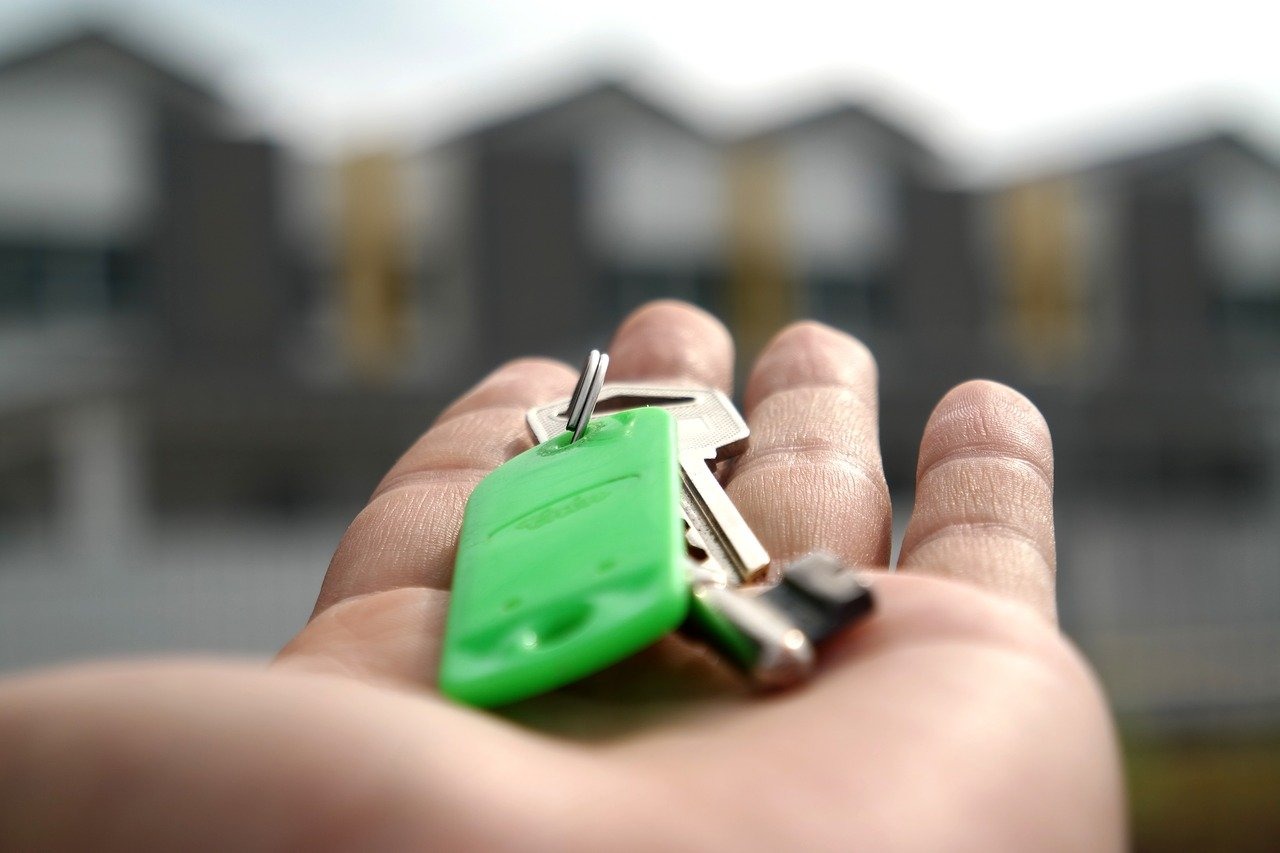
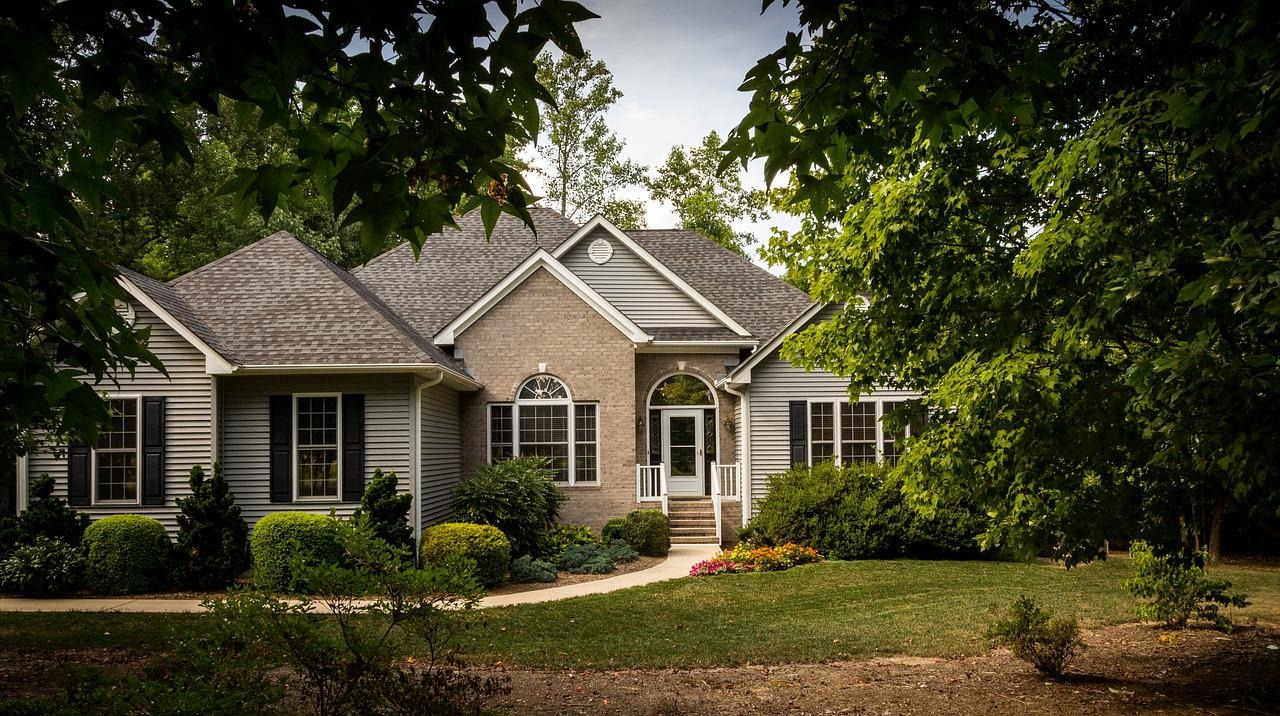
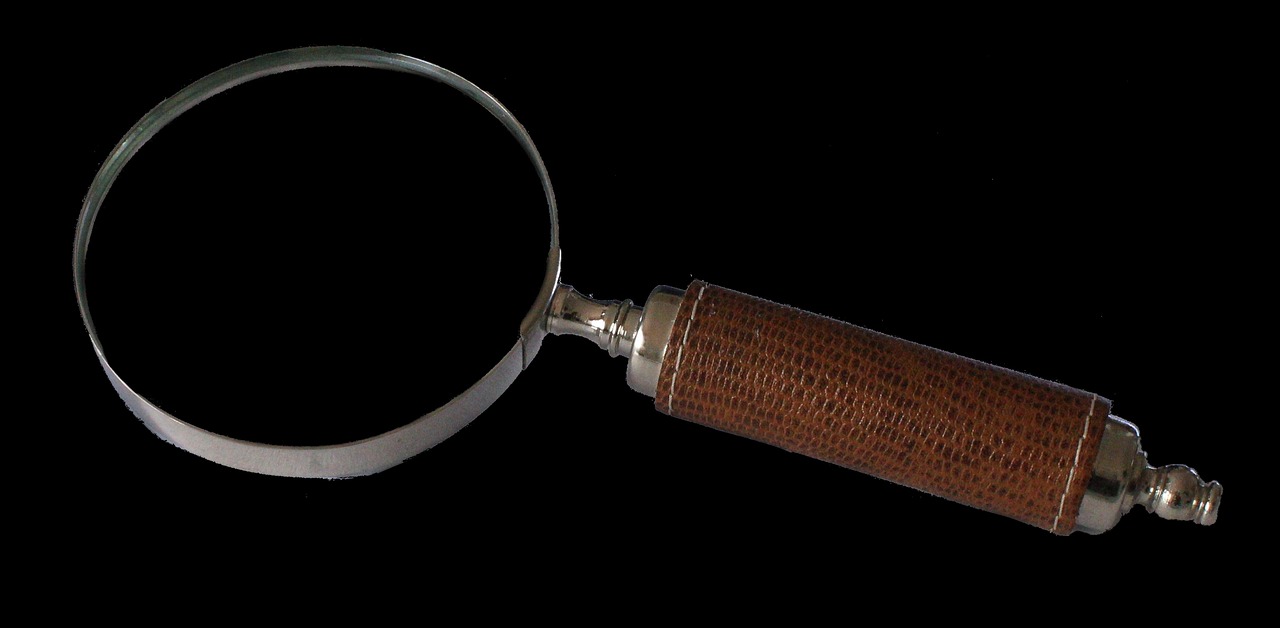
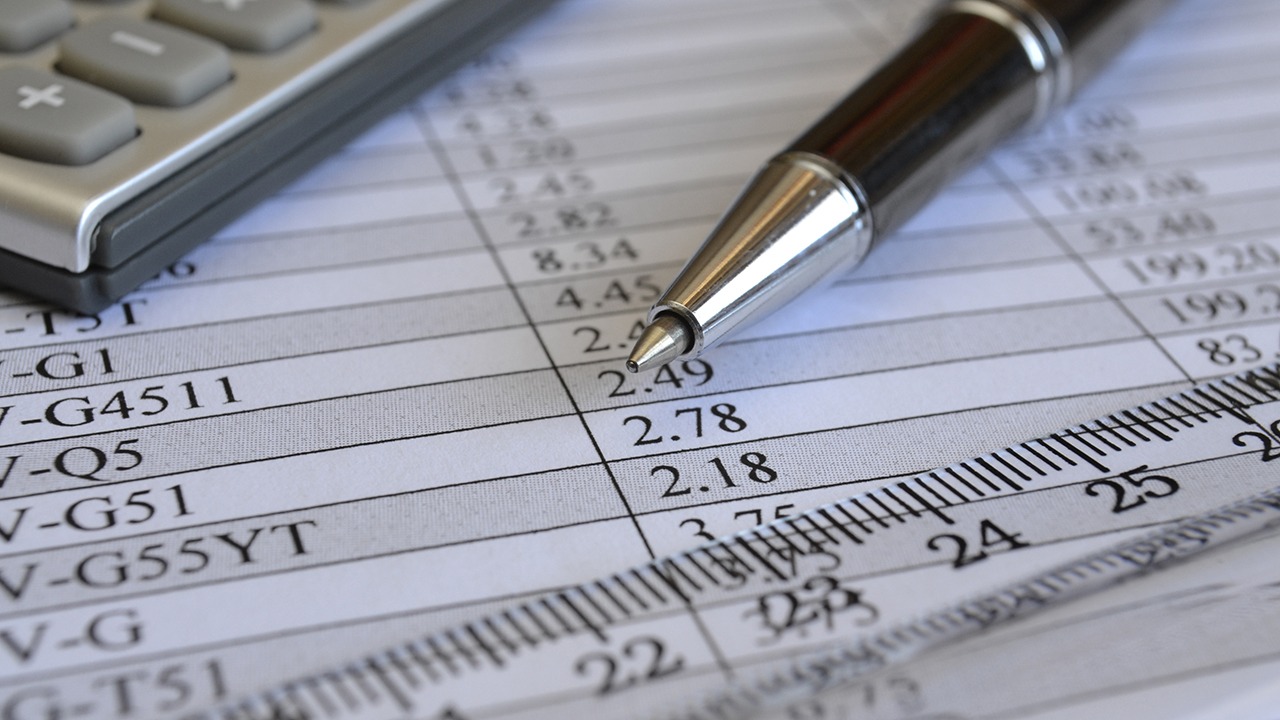

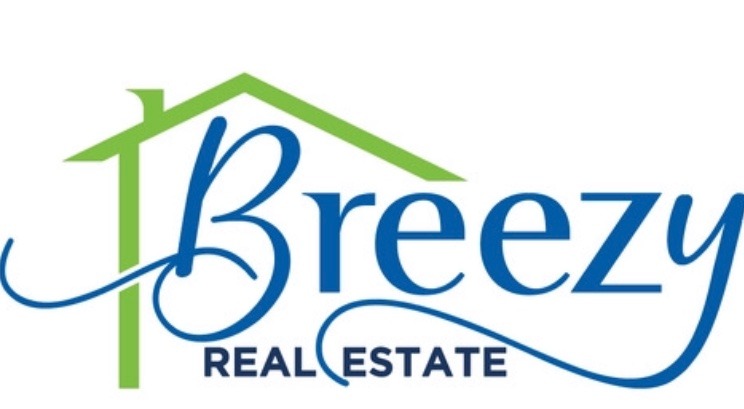
 Add Row
Add Row  Add
Add 



